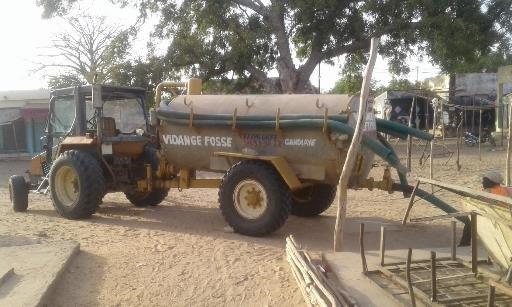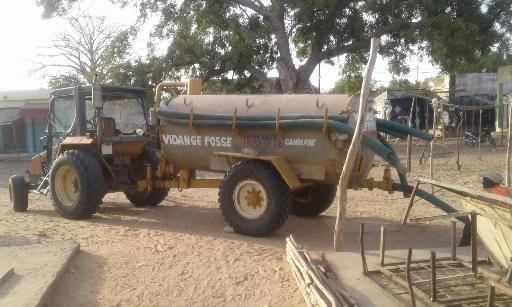STUDY OF INTEGRATED WATER MANAGEMENT IN URBAN ENVIRONMENTS IN GRAND DAKAR
COUNTRY / CUSTOMER:
Senegal / Ministry of Water and Sanitation
FINANCIAL PARTNER :
World Bank
DURATION :
7 months (2019-2020)
AMOUNT :
161 308 $
INSTITUTIONAL, POLITICAL AND STRATEGIC EXPERTISE

AREA OF INTERVENTION
POLICY & REGULATION
PROBLEMS NOTED
The Dakar / Thies / Diass / Petite Côte (DTPC) area currently houses 32% of the country's population and plays a major long-term economic role, with the extension of the Diamniadio special economic zone, the new airport, and tourist activities on the Petite Côte (tourism is the main contributor to Senegal's foreign exchange earnings). However, the emergence of water shortages could compromise these economic prospects. There is a need for an integrated approach and long-term planning for mobilizing water resources for multiple uses.
OBJECTIVES OF THE PROJECT
Adopt an approach structured around general principles of integrated urban water management, with specific pillars on water resources, water and sanitation services, demand management and efficiency, urban planning, stormwater and drainage, planning and collaboration between sectors, particularly considering the integration of circular economy principles, notably in regard to the reuse of wastewater.
SERVICES PROVIDED
- Definition of the prospective vision of the urban water and sanitation sector by 2050, taking into account the observed trends and the evolution of the context of the study area and the country.
- Definition of a strategic framework likely to realize this vision and choose major directions for the development of the sector.
- Breakdown of principles of action and solutions to address the identified challenges; the combination of solutions will result in supply and sanitation options which will be subject to a multi-criteria analysis to select the most optimal one.
ANSWERS PROVIDED
Strategic orientations to maintain a balanced water needs/resources balance, allowing the satisfaction of all water uses while ensuring respect for aquatic environments.

